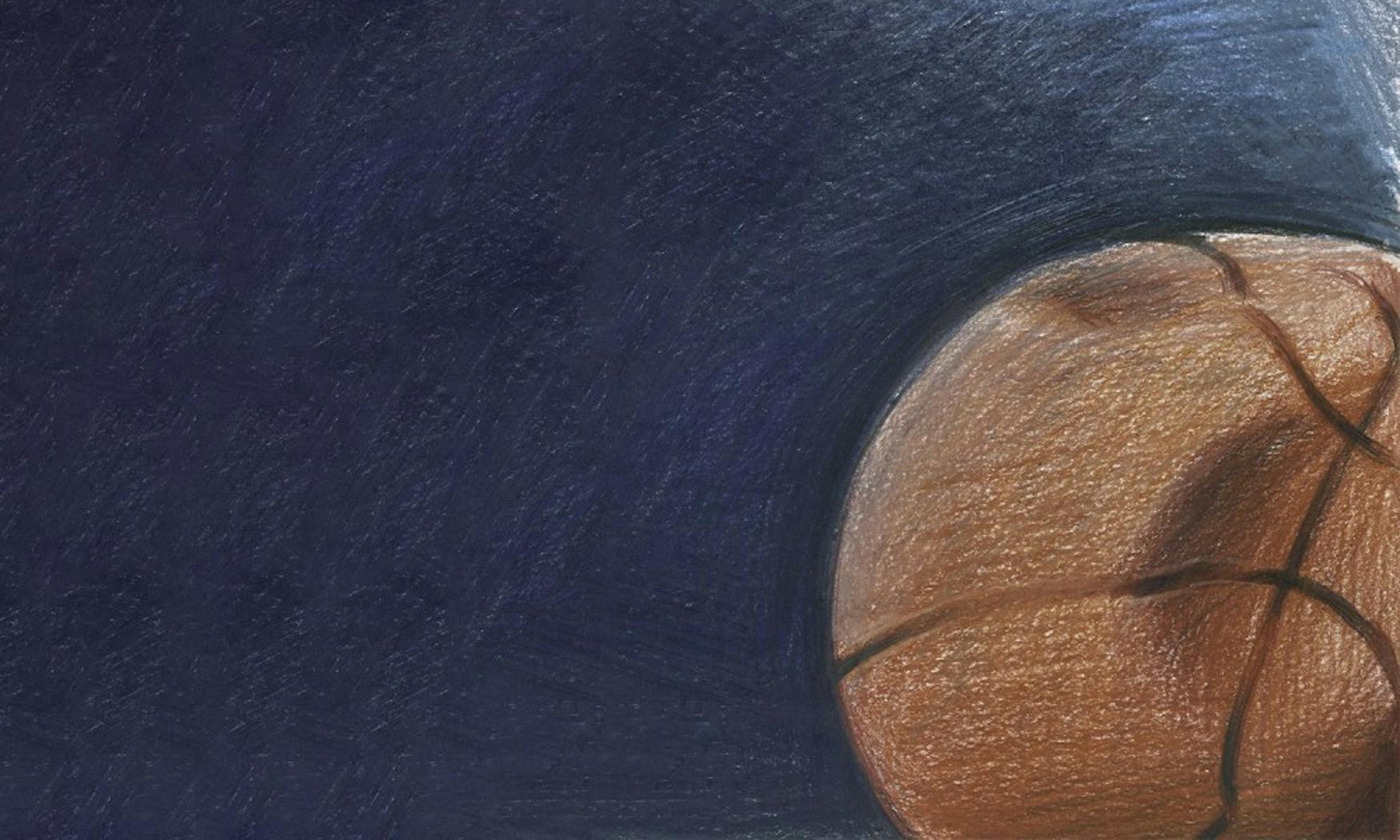Urge University to rethink staff accountability system
In light of the recent firing of men’s basketball coach Brian Meehan, this board urges the University to fulfill its obligation to the community by expanding its efforts to ensure every member’s right to be heard, as well as by furthering the goal of expanding fairness and inclusion on campus.
We support the University’s decision to terminate Meehan and place Athletic Director Lynne Dempsey on administrative leave. The University should also be acknowledged for appointing independent investigators to evaluate its policies and procedures; this is crucial for preventing a repetition of the disgraceful administrative failures that shielded Meehan from discipline for nearly a year.
Encouraging steps have been taken to ensure transparency throughout this process: A new website provides contact information for the investigators and guides those wishing to file a grievance, and a map leading to the investigators’ office has been posted in Farber library. This will enable community members to easily locate the office and meet with members of the investigation, which is crucial for amplyfing students’ concerns and re-establishing trust between them and the University.
Furthermore, we support the town hall meeting held to allow anyone from the Brandeis community to voice their opinions and concerns. Providing an opportunity for community members to voice their concerns in person, and receive immediate reponses is a helpful first step for addressing campus concerns regarding campus culture.
Moving beyond these necessary administrative actions, however, we are concerned about the toxic culture that persists on this campus. Thus far, the University’s focus has been to amend the policies and procedures that failed its students for the past year, but it is necessary to focus on creating constructive policies for the future, not just remedying flawed procedures from the past.
While Liebowitz has pledged that he and his senior administrative colleagues will take part in extensive training on racism, sexism, inclusion and inequality and we acknowledge these actions as the right way to start, we encourage the University to expand this option to include other administrators, as well as faculty and students, in order to promote community-wide change.
Furthermore, stricter policies alone cannot eradicate a culture of concealing wrongdoing. Training programs are a step in the right direction, but the University should not have waited for a public scandal of this magnitude to implement them. It should not have been the responsibility of the players on the basketball team to report the abusive behaviors of their coach, which senior members of the administration witnessed in person. As noted in the April 5 Deadspin article that first reported on this issue, Meehan’s verbal abuse was on full display in front of Dempsey, then-Senior Associate Athletic Director Tom Rand and then-Senior Vice President for Students and Enrollment Andrew Flagel during the final home game of the season last year. An investigation of policies and procedures, training sessions and open communication mean nothing if the administration actively allows despicable behavior to occur. In an April 12 email to the student body, Liebowitz wrote, “I came here because I was inspired by the values upon which the university was created just 69 years ago. Those values — rooted in the rejection of anti-Semitism and bigotry — are as relevant today as they were in 1948.” The University’s failure to address Meehan’s abuse calls into question how many administrators share Liebowitz’s vision.
Admittedly, a situation like this is not always transparent or obvious, especially from one incident. However, there was a clear pattern of discriminatory behavior that should have raised red flags for the administration. According to the aforementioned Deadspin article, of the 20 Black players on the Brandeis roster since 2011, 17 of them either quit or were cut by Meehan before playing four full seasons. Furthermore, from 2013 to 2017, the average number of seasons played by Black basketball players was 2.22, while the number for white players was 2.9.
Combined with anecdotal reports of Meehan’s abuse beginning over a decade ago, this discrepancy suggests that discrimination occurred long before the players filed their complaint. The University should seek to address this issue by improving the process by which individuals can report complaints to the administration. The new website dedicated to the investigation will help raise awareness of this option and begins to tackle the needlessly complex system that serves as a barrier to students seeking to redress grievances.
If the University were to make its reporting process more transparent and easy to understand, long-term patterns of discriminatory behavior could be avoided in the future. Currently, few students or faculty know how to navigate the reporting process, let alone know of its existence. Implementing an improved reporting system for all departments could help ensure this behavior is eradicated throughout the entire Brandeis community, not just the Athletics Department.
This was not an isolated incident in the athletic community; abuse of power is prevalent in many colleges and universities throughout the country. Brandeis, however, must strive to do better in upholding its values by making a real difference in the way students are treated. In doing so, the University would reclaim its status, earned nearly seven decades ago, of being a leader for social justice and equality.
This board requests that Liebowitz and the University’s administration follow through on their promises to improve the campus culture. During the town hall meeting, many members of the community expressed disappointment in the University’s longstanding reluctance to change. We appreciate that the University fulfilled its responsibility to listen to its community, but the time has come to not only listen but to take action.



Please note All comments are eligible for publication in The Justice.